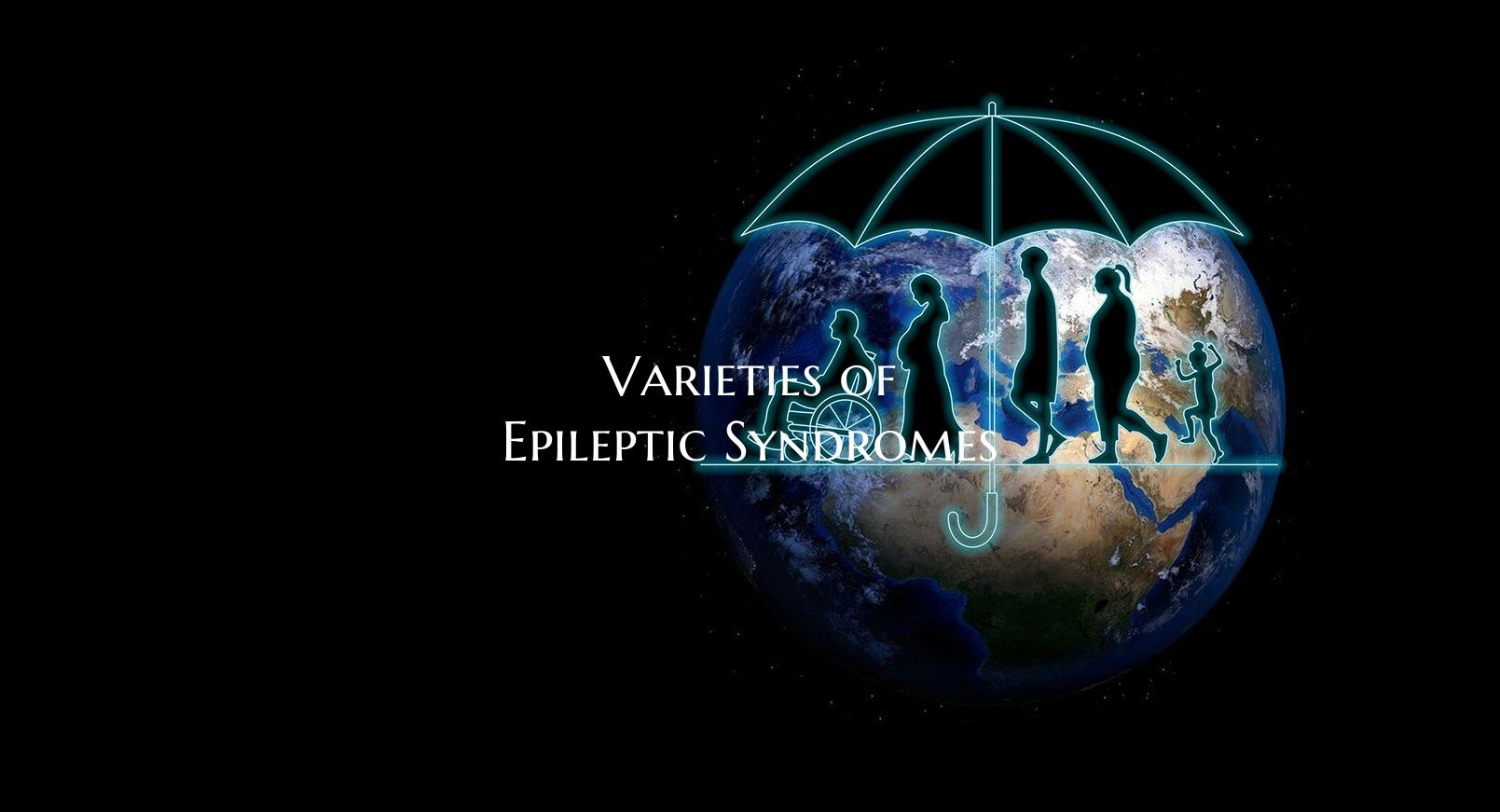
Varieties of Epileptic Syndromes
Epileptic syndromes are a group of distinct neurological disorders characterized by recurrent seizures. These syndromes vary widely in terms of their causes, symptoms, age of onset, and prognosis. Understanding the different varieties of epileptic syndromes is crucial for proper diagnosis and treatment.
1. Benign Rolandic Epilepsy: This common childhood epilepsy syndrome typically affects children between the ages of 3 and 13. Seizures often manifest during sleep and involve facial muscles, resulting in drooling, slurred speech, and twitching of the face and tongue.
2. Lennox-Gastaut Syndrome: This severe form of epilepsy usually emerges in early childhood and is characterized by multiple seizure types, including tonic seizures that cause sudden stiffening of the body, atonic seizures that lead to sudden loss of muscle tone and drop attacks, and atypical absence seizures.
3. Temporal Lobe Epilepsy: Originating in the temporal lobes of the brain, this syndrome is often associated with focal seizures that may cause déjà vu, fear, or altered emotions. Complex partial seizures originating from the temporal lobe can lead to altered consciousness and automatisms.
4. Juvenile Myoclonic Epilepsy: Typically beginning in adolescence, this syndrome is characterized by myoclonic jerks upon awakening, along with generalized tonic-clonic seizures. These seizures can be triggered by lack of sleep, stress, or flashing lights.
5. Dravet Syndrome: This rare and severe form of epilepsy begins in infancy and is typically resistant to medication. Seizures in Dravet syndrome are frequent and prolonged, often triggered by fever and can progress to status epilepticus.
6. Absence Epilepsy: Common in children, absence epilepsy is characterized by brief episodes of staring and loss of awareness. These seizures are typically less noticeable compared to other forms of epilepsy but can impact cognitive functioning if left untreated.
7. Frontal Lobe Epilepsy: Seizures originating in the frontal lobes of the brain can present with various symptoms, including motor disturbances, speech abnormalities, and unusual behaviors. Treatment may involve surgical intervention for drug-resistant cases.
Understanding the nuances of each epileptic syndrome is crucial for delivering tailored treatments and support to individuals affected by these conditions. Early diagnosis, appropriate medication, lifestyle modifications, and in some cases, surgical intervention, can significantly improve the quality of life for individuals living with epilepsy.